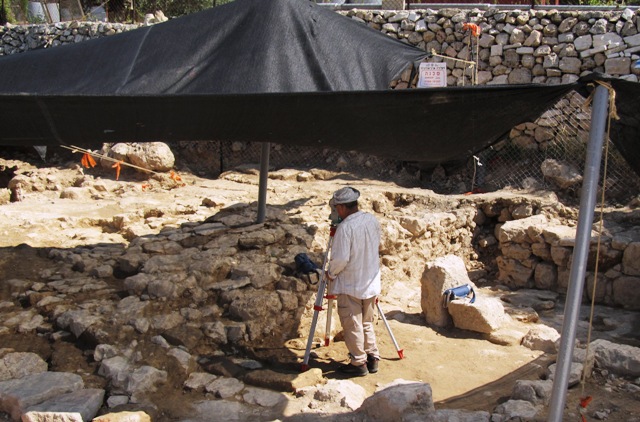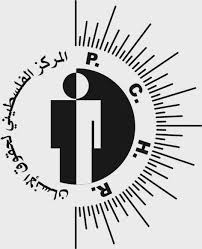Category: In the Media
-
Fighting for the history of Tel Rumeida
17th May 2014 | International Women’s Peace Service | Hebron, Occupied Palestine The Israeli occupation uses many methods to take over land – from settlements and military camps to the nature reserve and political treaties. However, the Abu Haikal family of Tel Rumeida in Al-Khalil (Hebron), faces a much more unexpected enemy: archaeologists. Currently, the family home is…
-
Two more martyrs as the Nakba continues
16th May 2014 | International Women’s Peace Service | Occupied Palestine In commemoration of the 66th annual Nakba day, hundreds of Palestinian youth from the Ramallah district moved against Israeli soldiers outside of Ofer prison in Beitunya. Soldiers retaliated with tear gas, live ammunition and rubber coated steel bullets. During the clashes, soldiers killed two demonstraters, aged seventeen…
-
Israeli attacks on fishermen in the Gaza sea
15th May 2014 | Palestinian Center for Human Rights | Gaza, Occupied Palestine Israeli Naval forces continued to carry out attacks on Palestinian fishermen in the Gaza Strip during the reporting period[1] (1-30 April 2014), including 11 shooting incidents; 3 chasing incident that led to the arrest of 2 fishermen, and confiscation of 2 fishing boats and fishing equipment…



